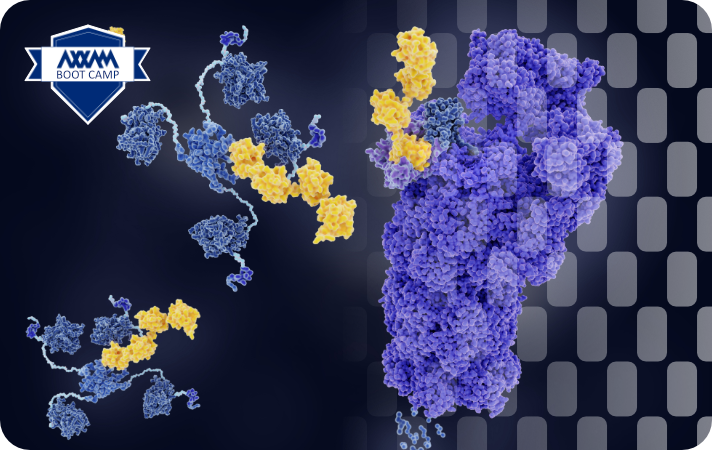
Lucia Iuzzolino is currently Principal Scientist in the Biochemistry group at Axxam with extensive experience in the field of HTS assay configuration on therapeutically relevant targets. She is responsible for the strategic design and development of functional biochemical assays for HTS across a broad range of targets including different enzyme classes, hetero-multimeric protein complexes, protein-peptide and protein-protein interactions. She has a PhD in Enzymology from the Philipps-Universität Marburg (Germany). She joined Axxam in 2004 after many years of research experience on function and structure of multimeric protein complexes with different biochemical and biophysical approaches. During her career, she was co-author of several peer-reviewed publications in highly ranked international journals.


